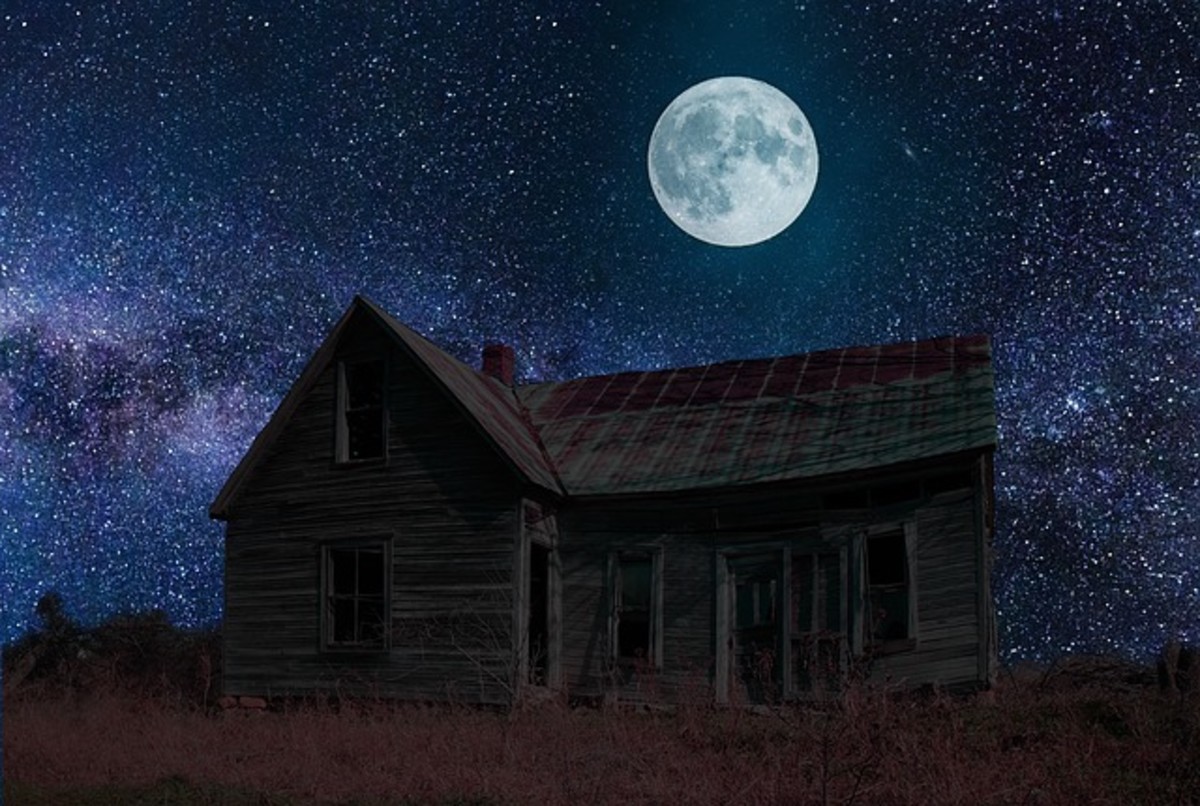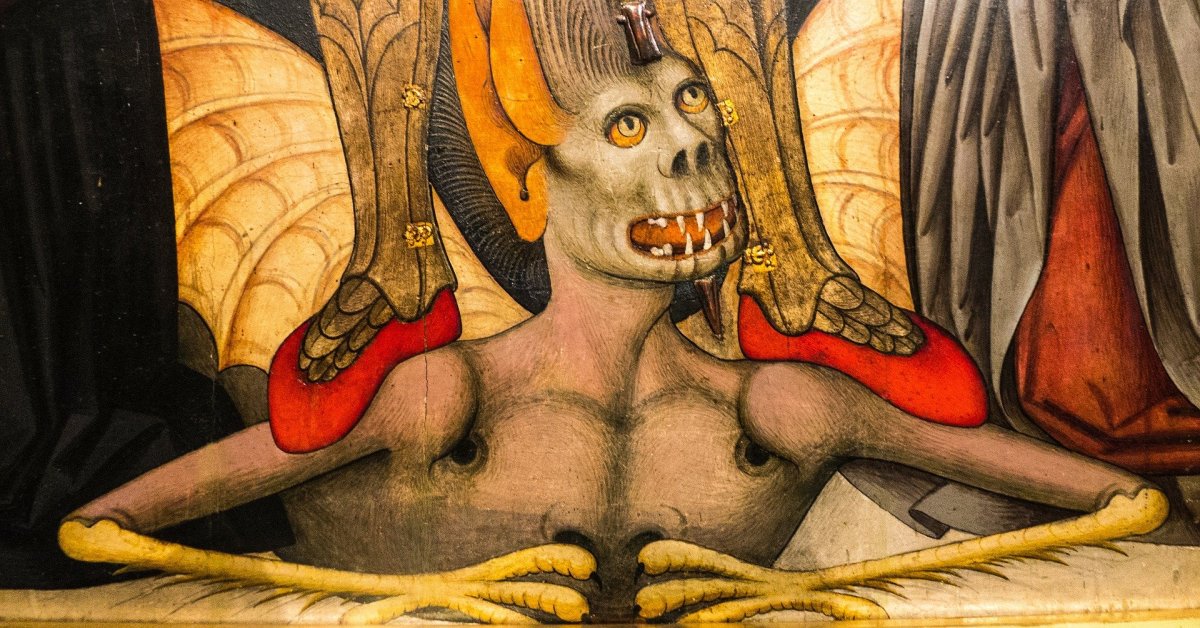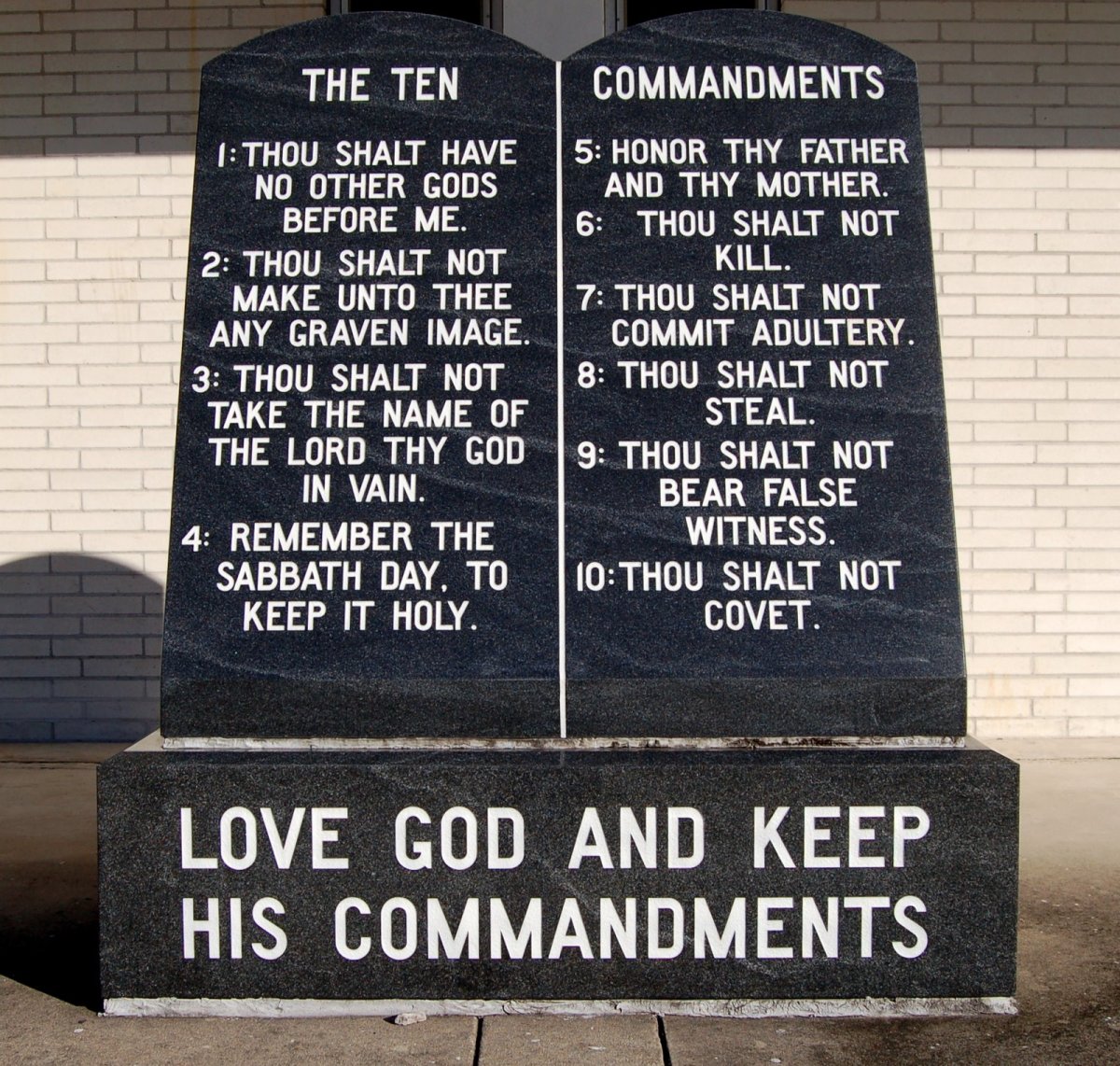Healing Demonic Possession, Mental Illness, and Similar Challenges
This article answers a question posted by Harlan Colt:
Mental Illness VS Demonic possession
In Jesus day, he expelled many devils from possessed people. Do we today, confuse demonic possession for certain forms of mental illness? I believe there is a difference, but... what would you say is the difference? How does one know the difference?
I think the difference is more an issue of the worldview of the healer than the actual condition of the patient. Before psychology, various religious traditions, including Christianity and Buddhism, explained aberrant emotional behavior in terms of demonic possession. In today's scientific worldview, some of the same behaviors are called mental illness within the field of psychology.
Some people may find the open-mindedness of this article challenging, or even offensive. Please understand that I write from my own experience, and also that I work with a wide range of people with many symptoms and many different cultural backgrounds. Also, my mother was an anthropologist, and she taught me to respect beliefs of all cultures, and to sit science next to religion in a way that is respectful to both. In today's world, the patient and practitioner can choose a worldview.
The Catholic Church accepts psychology and mental illness, and has very strict standards. Almost all cases will be called mental illness, and only when mental illness is ruled out is demonic possession considered.
There are other options besides mental illness and demonic possessions. In psychology, brain injury and brain structural or chemical abnormalities are different from psychologically-based mental illness. (For example, epilepsy is a brain-injury condition, and not a mental illness. And there is significant evidence that, until 200 years ago, many epileptics were considered to be demon-possessed.)
Hahnemann's miasm (or energetic illness) theory is another model. In this, there are energetic presences that affect behavior, and also create illness, but they are not demonic, that is, intentionally harmful. Rather, they are limited in nature, and therefore limit their hosts. (Hahnemann lived in the 1800s and invented homeopathy.)
For those who work in a Buddhist framework, including msyelf, we can look at a model that includes possession by hungry ghosts as well as possession by demons.
As a healer, I have found that the question, "Is this a mental illness, or is this demonic possession" is not very useful. For me and my clients, the useful question is: What can the patient and I do to help the patient heal? That may include a diagnosis, and then appropriate treatment.
In my own work, I find demonic possession rare. Imbalances within the individual are considered first, and then interpersonal and inter-generational issues. After that, I consider some kind of non-human involvement, usually in this order: miasm/energetic illness, hungry ghost, ghost, demon.
At the same time, being aware of all possibilities is good for safety. Demonic possession, though rare, is very powerful. Efforts at treatment may not work, may make the situation worse, and may even put the practitioner at risk. Anyone working in these arenas is strongly recommended to develop methods for safety appropriate to his or her belief system. The healer's own commitment to harmlessness is key. Meditation, prayer, mental and physical purification, and calling on protection from sources in the Light are all valuable.








